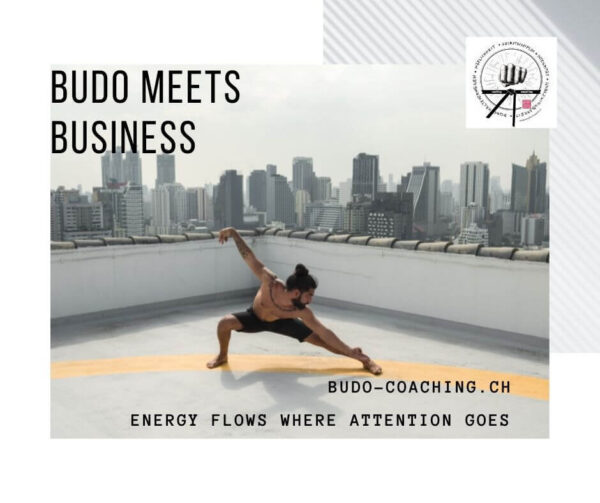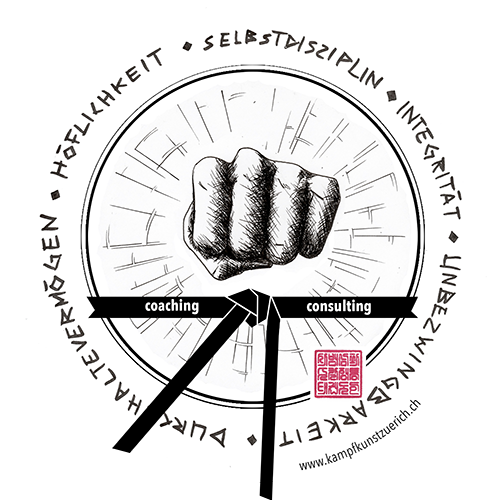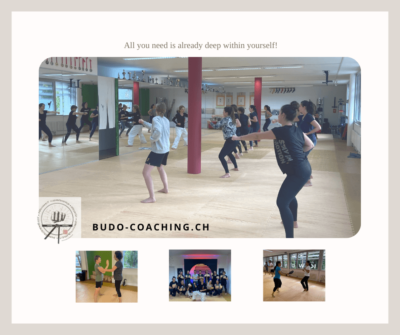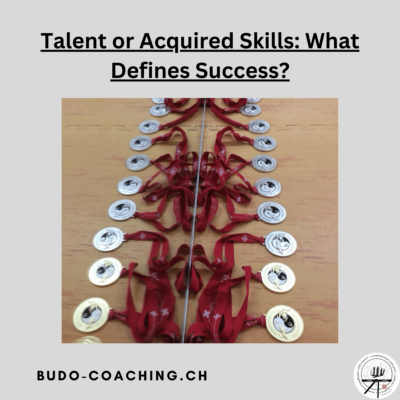Open up to your world of possibilities Do you find yourself constantly worrying about what…

Time or energy management?
How do you increase efficiency?
Do you sometimes wonder how some business leaders or politicians manage to make important decisions every day, give speeches and even get up very early to do the morning workout?
We all have the same number of hours per week, but still, how can it be that we hardly find time to go jogging at least once a week or just read a book in peace and quiet?
Why some people manage to deliver so much more than others?
The answer is simple: They have time and energy management under control.
Time management
With good time management, our tasks can be completed efficiently. Before a project, for example, we can estimate the time required based on the available resources and plan the implementation accordingly.
A good time estimation is essential to achieve goals within a given time.
There are many helpful methods and tricks that help to improve your own time management, such as the so-called Pomodoro technique: work steps are divided into time units of 25 minutes each and after each unit (called Pomodoro) there is a five-minute break. Four such sessions are followed by a longer break of 30 minutes.
Aside from the method, it generally helps to
- Break down big tasks and goals into small chunks
- to avoid disruptions of any kind
- to prioritise tasks according to importance/urgency, for example with a to-do list
Energy management
If time is limited, energy can be renewed. Energy levels however differ from person to person. Actually, the energy level varies not only between people, but also within one and the same person. So, some days we are full of energy and motivation and on other days we are drained. So here we go, served with a reason more to dig deeper in our personal energy management.
While time management requires to assign a time to important tasks, energy management is more about distributing energy efficiently so that we can also be productive and at our best during performance. Otherwise, it makes little sense to organize your own agenda perfectly in terms of time if you don’t have enough strength to complete the planned tasks.
When the energy runs out, our performance is impaired. We are no longer functional, our body stalls like a car that stops running when left without fuel.
Ideally, we should therefore find the right combination of time and energy management for us: a correct behavior can impact our energy level so that we increase it, store it or channel it towards a desired goal.
⚠️ The pitfall
If we don’t progress with our endeavors, we tend to increase the resource “time”. Occasionally there’s nothing wrong with that but spending more time on something isn’t always the right solution as the day remains limited to 24 hours.
It may be that this “more” leads to more strain, tension and ultimately stress – to a lack of balance that depletes us from the last bit of energy.
Many people work on and on, forget to take breaks and when they finally finish work, they do not consciously switch off, but watch TV or play with their cell phones or continue to think about their to-do’s without really switching off.
Research reveals that:
- 79% of people check their smartphone within 15 minutes of waking up in the morning
- 42% admit to checking their email in the restroom
- Every 6 minutes average we look at a screen …. and, last but not least, we end the day in front of the television or staring at any other screen.
Does that sound familiar?
It is therefore worthwhile to question ourselves from time to time and to reflect on how we are doing with our energy and what we can do to generate, replenish and better manage our energy resources with the right behavior. Our bodies are perfectly capable of doing it, if we comply to our human nature needs.
🌓 Following the natural rhythm between tension and letting go
Regeneration phases are essential to recharge your batteries. Each of us do that in different ways, some go for a walk in the forest, others meditate or listen to music, others practice breathing exercises or spend quality time with family and friends. Bottom line, body exercise in any form can work wonders.
These are all activities that we find pleasant – why do many of us have to force ourselves to do them? Unfortunately, sitting at a desk and surfing the internet or sitting in the corner with our smartphone is a tempting alternative. However, these activities do not charge our battery. In order to regenerate, we have to switch off.
Here are a few reminders
Leisure
- Set aside time for your hobbies: Especially in moments of low energy, consciously participate in joyful activities without pressure to achieve results – just for fun
- Spend quality time every day with at least one person who is important to you
- Find ways to spend time surrounded by nature
Routine
When you have to make a lot of decisions, you eventually feel mentally exhausted. If you want to have enough energy for the important decisions, you should minimize the total number of decisions. Routines leave our heads free of unnecessary ballast. Good habits like taking enough time for a healthy breakfast or regularly walk to the office will happen automatically, with not much thinking involved. Also make active breaks an integral part of your own daily routine, like a ritual that becomes a habit just as normal as brushing your teeth: A short lunchtime walk, for example, to clear your head and boost your creativity. Also use any unexpected opportunities (like a cancelled meeting at short notice) to move.
💡A series of studies at Stanford University (https://www.apa.org/pubs/journals/releases/xlm-a0036577.pdf) shows how simply walking both indoors and outdoors can boost creativity by an average of 60%. This positive effect lasts between 4 and 16 minutes, depending on the situation. Try this out just before your next team brainstorming session, or before you start with a task that requires new solutions from you and notice the positive impact.
Focus
People who achieve top performance do not work through the day – they rather use the natural rhythm between tension and relaxation, between giving maximum power and recharging.
Top executives, whether in sports, politics or business, often have one thing in common: They are concentrated on what they are doing, are in the moment, fully engaged, 100% focus, both when they are performing and when they are recovering.
- Take regular, conscious 2-3 minute breath breaks
- Take time to think
- Don’t let yourself be disturbed in your flow moments
- Say goodbye to toxic thoughts
- Don’t let negative moods affect you
- Concentrate on the essentials
Sleep
If you work into the night every evening, your own performance will drop over long distances. Those who are tired are less attentive and receptive, which can lead to mistakes or wrong decisions. It is therefore better to start the day with a fresh, rested head.
- Try to sleep more than 7 hours straight every day
- Turn off your phone
☯️ Balance as nature teaches
Our energy system determines our day and influences productivity, our well-being and how we deal with our environment. We should therefore always be careful not to lose our balance.
An important aspect is therefore to reflect from time to time:
- How am I feeling right now?
- Am I tense just sitting in front of the computer?
- Am I carrying too much unnecessary tension with me during the day?
- Which people/situations/circumstances drain my energy?
Whether we are carrying physical or emotional tension, it is energy that is trapped, unable to flow freely. And that is exactly what our Budo Coaching is about. In martial arts, movement is characterized by this interaction and in our workshops, you can experience directly how tension and relaxation feel and how they impact the body.
The yin and yang symbol reminds everyone in the budo world to live in harmony with the rhythm of our nature, moving along complementary opposite poles. We are the cause of our exhaustion and at the same time the remedy once we direct our energy in the right direction.
Would you like to deepen the topic? Take part in our resilience group training or arrange a workshop with us for yourself or with your team.



